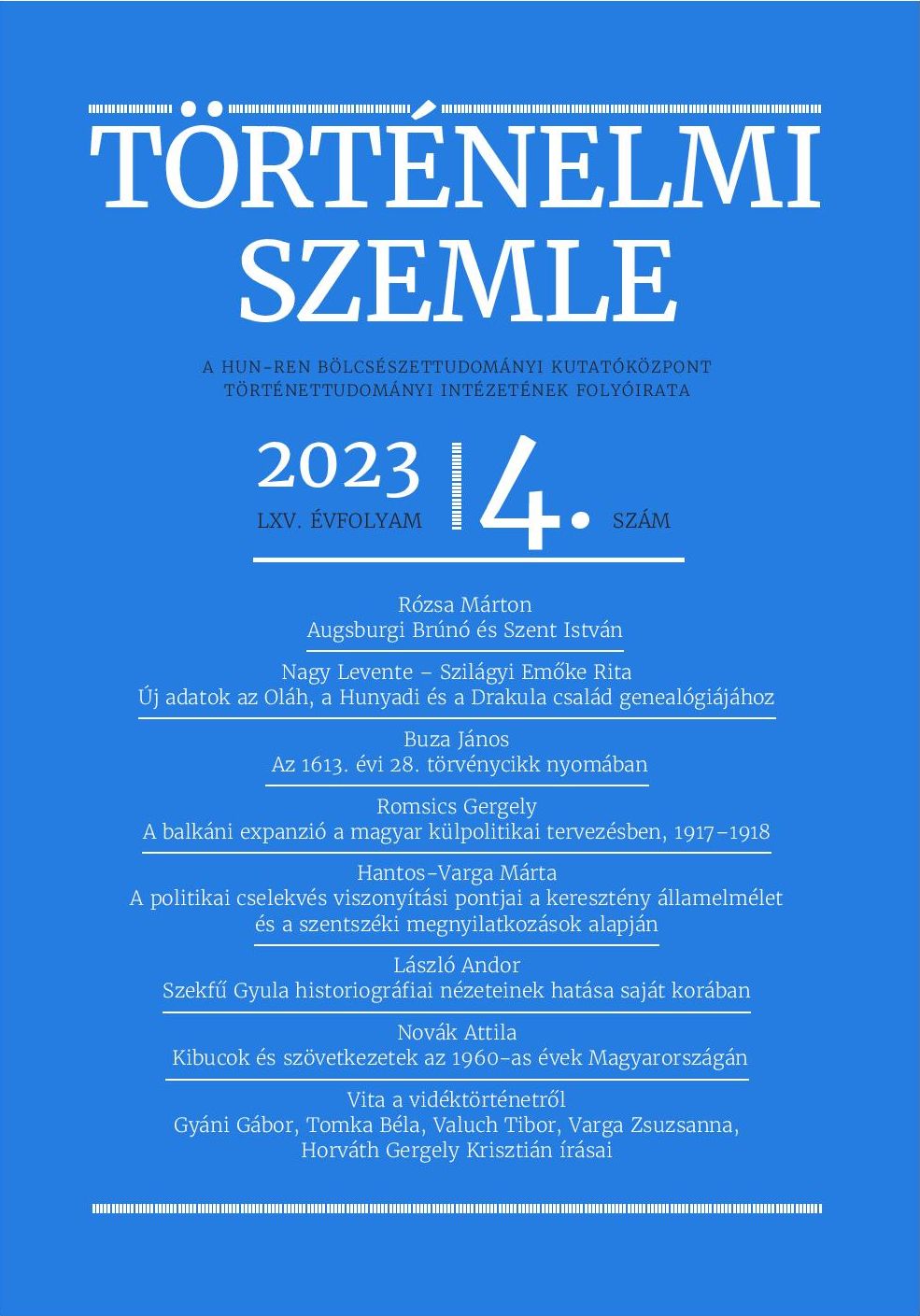A politikai cselekvés viszonyítási pontjai a keresztény államelmélet és a szentszéki megnyilatkozások alapján
Benchmarks for Political Action Based on Christian Theories of the State and the Declarations of the Holy See
Author(s): Márta Hantos-VargaSubject(s): Recent History (1900 till today), History of Religion
Published by: Magyar Tudományos Akadémia Bölcsészettudományi Kutatóközpont Történettudományi Intézet
Keywords: Christian state theory; declarations of the Holy See; 20th century
Summary/Abstract: The loss of the role and prestige of the Catholic Church in a modern Europe divided along denominational and ideological lines, the legal secularisation of states, the pressing social question, the polarisation of societies, the “general madness” of wars, have forced the papacy to systematise and rethink its teaching. It was motivated not only by a series of challenges, but also by the realisation that the knowledge of the Catholic electorate in the political arena is limited and selective. This paper presents the four ideological pillars of Christian state theory – the common good, peaceful coexistence, the political impartiality of the Church, the limits of civic obedience – and examines their enrichment of meaning. This reflection is fostered by the interaction between church organisations, movements, intellectual forums and hierarchy. On the one hand, the texts under study stressed that political action is inseparable from moral considerations, and on the other, they underlined the “primacy of the human person” in the relations between the individual, community organisations and state power.
Journal: Történelmi Szemle
- Issue Year: 2023
- Issue No: 4
- Page Range: 705-736
- Page Count: 32
- Language: Hungarian

